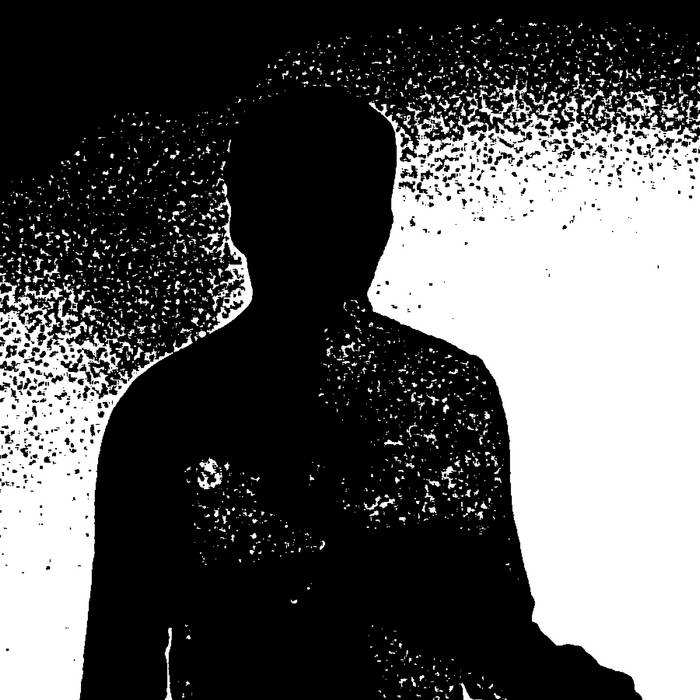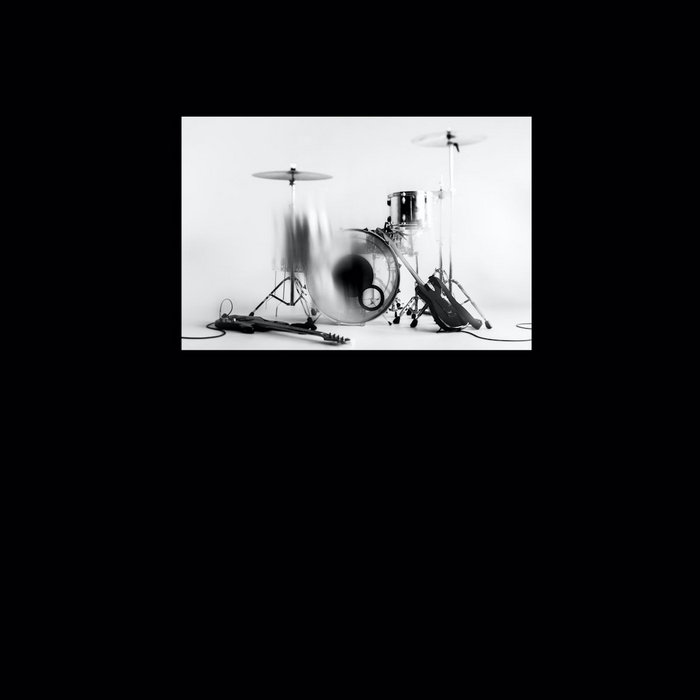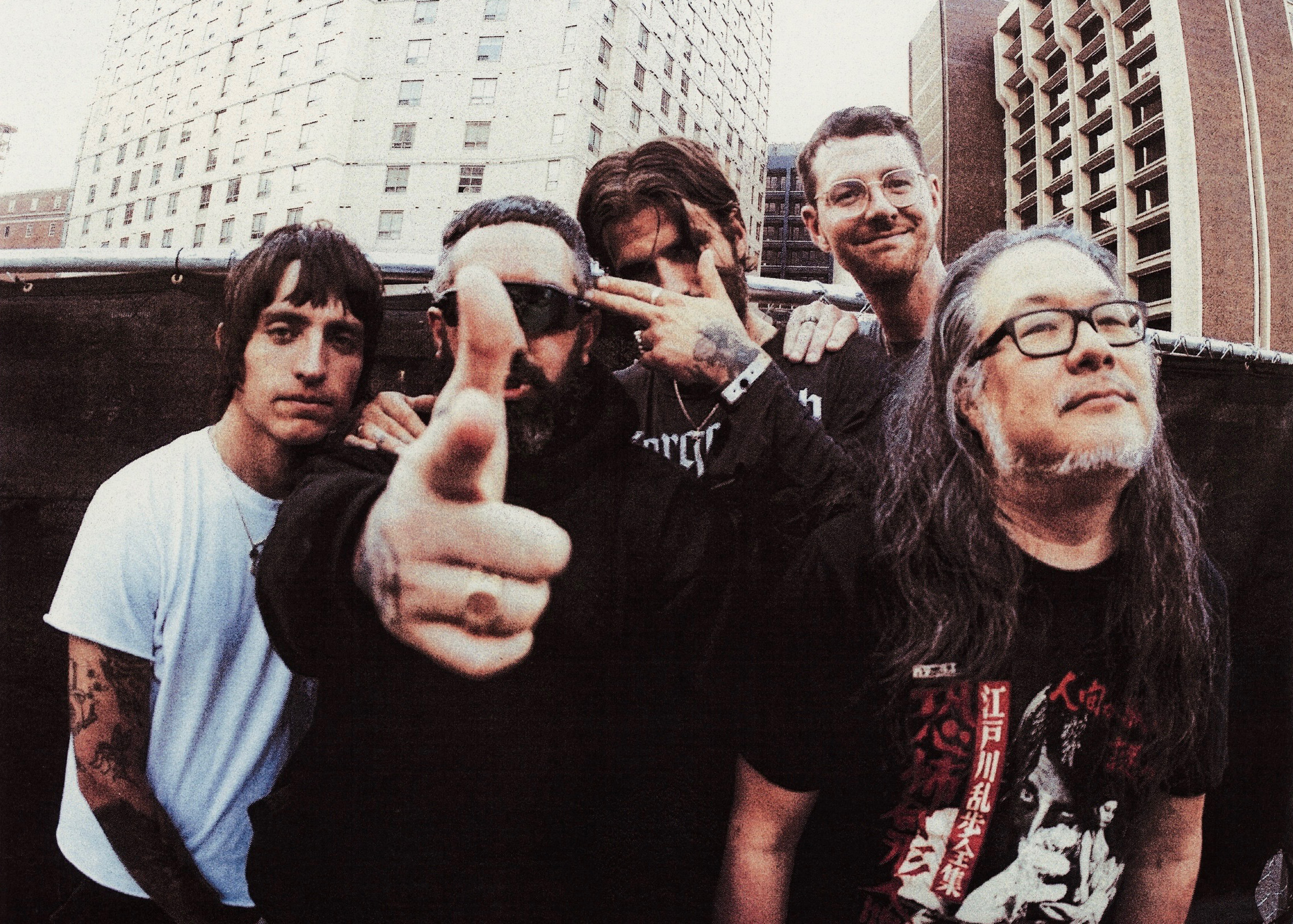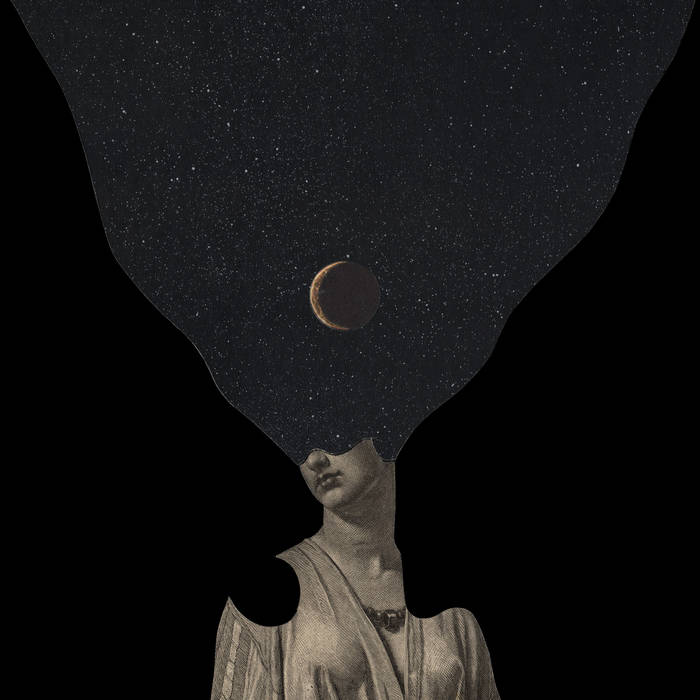Cascades are falling down, a constant repetition of collapse. A motif found frequently in music, soundwise, in the lyrics or the music itself. Lots of artists from blackgaze to classical use it. Additionally it is found in visual arts or modern literature and over the last few decades has been connected to a critique of the present in order to change something about the future.
A new artist from Pennsylvania uses the image of collapse and a future uncertain combining it with a sonic landscape taking its bits from shoegaze and ambient, from noise and industrial. Lunacy’s debut album Age of Truth (after releasing four EPs since 2016) is indeed a challenge to the ear but a very thoughtful one. The idea behind the record is obvious after a few seconds already because after a short lush intro the near-ambient mood is disrupted by harsh industrial marching drums. We are drawn into a world beyond Blade Runner and before Mad Max, a place where the constants of past, present and future might either still be possible or already obsolete. The musician behind Lunacy tries to remain unknown (which can also be seen when looking at the record covers on which he becomes more and more of a blur). He does so not for his personal privacy but to render a blank canvas in order to give the listener the chance of projecting his own interpretations of and ideas about the music and the future, our planet and life in general – maybe even about the future of the future. What if our industry and society will collapse and with it the hope of changing the course of human (interference with) life on this planet? What will happen to “the future” if the end is coming, if the facades of humanity collapse and we will face the industrial downfall and machine-driven end?
Musically, Age of Truth combines his vision of a post-apocalyptic, post-human industrial age with the help of Connor Clasen (IXVLF) recording the album and Oliver Ackermann (A Place to Bury Strangers) mastering it. Sometimes you hear breakbeats, distorted vocal chants, shoegaze moments like that Ackermann is famous for. The foundation for this experimental electronica is a kind of 80s industrial soundtrack stemming from the use of synthesizers from that era which were then combined with several layers of guitars.
Whether Lunacy is igniting a new phase of music-making for the first century after mankind or whether he is developing a new form of shoegaze is up to the listener, however it is clear that as an artist he achieved his vision clearly for the album transports us to a different place and time.








